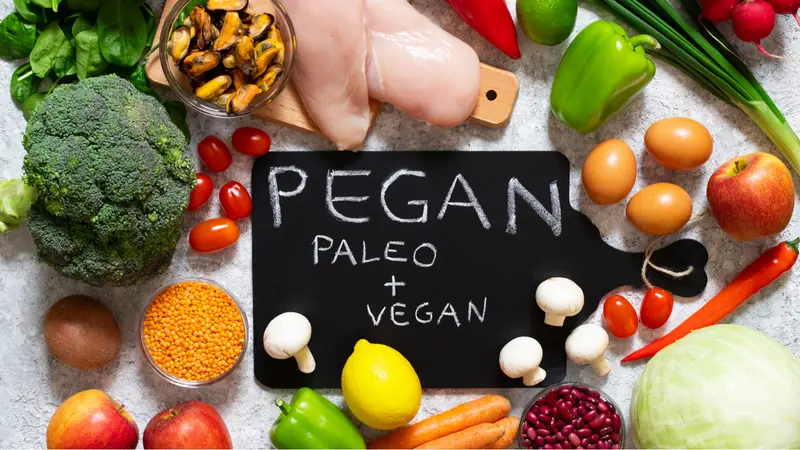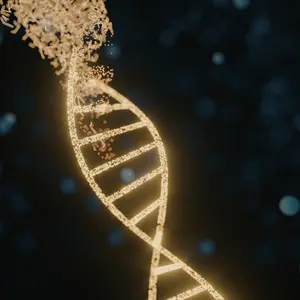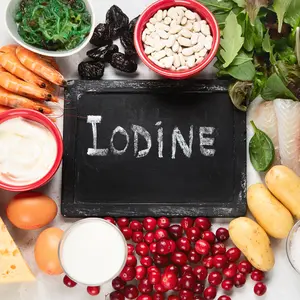

Food, Farming and Nutrition

Food, Farming and Nutrition
The Basics of the Pegan Diet
The paleo diet is well-known for its emphasis on meat, whereas the vegan diet eliminates meat and animal products. Mark Hyman, MD, director of the Cleveland Clinic Center for Functional Medicine, believes a combination of these two conflicting diets can offer the best of both worlds for optimal health.
The pegan diet, created by Dr. Hyman in 2014, is a whole-food diet based on three basic principles:
- Eating mostly fruits, vegetables, nuts, and seeds
- Eating meats and seafood in moderation
- Avoiding processed foods that include chemicals, additives, pesticides, and GMOs
The pegan diet may reduce the risk of chronic disease, reduce inflammation, and promote general health, according to Dr. Hyman. He cites evidence that both paleo and vegan diets help manage weight loss, diabetes, and cholesterol.
On a pegan diet, 75% of the plate is filled with organic fruits, vegetables, nuts, and seeds. Unlike other diets, the pegan diet does not restrict types of fruits or vegetables, but lower-glycemic choices, such as berries or watermelon, are encouraged.
The remaining 25% of the plate is filled with animal protein, which can include meat, eggs, or fish. Animal protein should be grass-fed, locally sourced and sustainably raised organic, and is considered more of a Pegan “side dish or condiment,” compared to the standard American diet, where it is the centerpiece.
A pegan diet eliminates dairy products, grains, beans, and sweets, as these foods contribute to inflammation, increased blood sugar, and chronic diseases, says Dr. Hyman. People who wish to, may consume beans such as lentils and low-glycemic grains such as quinoa or black rice in small quantities on occasion.
A diet rich in whole foods is known to provide essential fiber and micronutrients and the less restrictive nature of the pegan diet may appeal to many. However, there is no consensus among nutrition experts that it is healthy to eliminate entire food groups from one’s diet.
The cost of high-end organic produce and grass-fed meats may be prohibitive for many and the elimination of food groups could potentially result in nutritional deficiencies. Experts recommend increasing consumption of fermented foods like kimchi or sauerkraut and dark leafy greens such as broccoli and spinach to replace the calcium, vitamin D, and probiotics found in dairy products. If vitamin deficiency is a concern, dietary supplements may be beneficial.
REFERENCES
Garone, S. (2021, February 8). What is the pegan diet? VeryWell Fit. https://www.verywellfit.com/the-pegan-diet-pros-cons-and-how-it-works-4705948


 By
By






